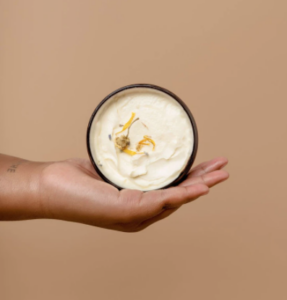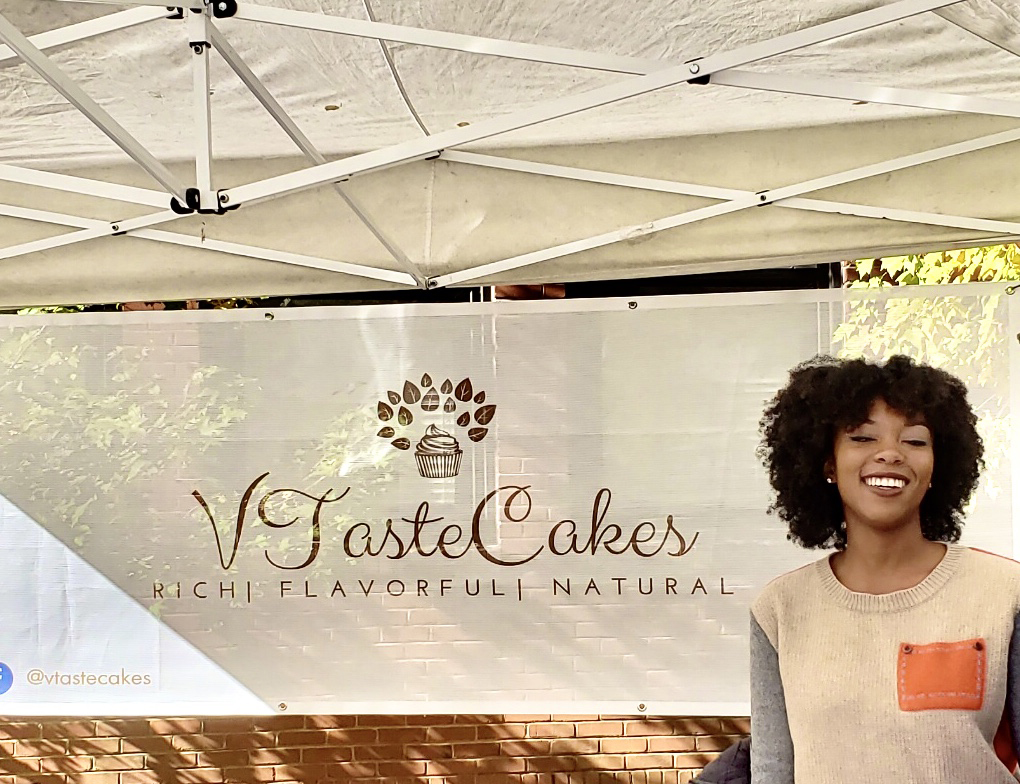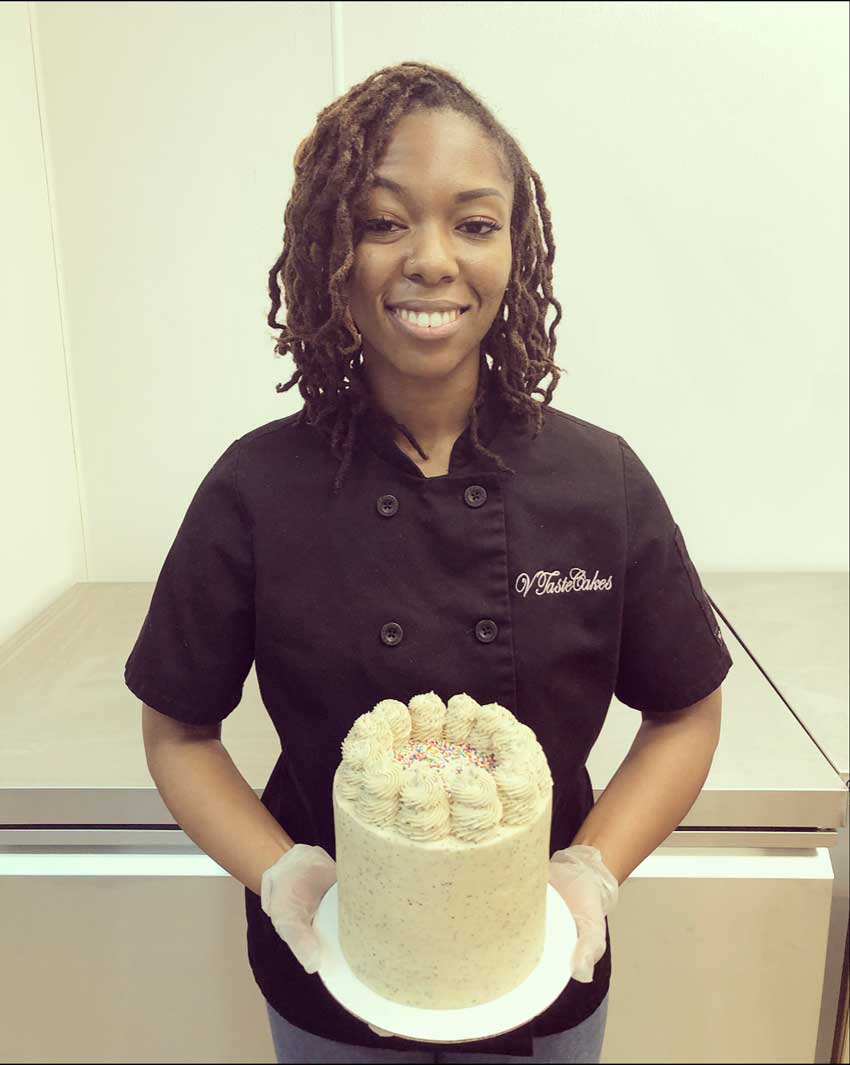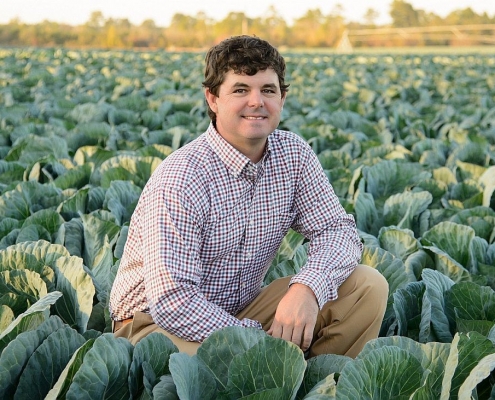Luther and Susie Harrison Foundation pledges $3M to Poultry Science Building
This story, written by Jordan Powers, was originally published on UGA Today on Dec. 15, 2022.
The Luther and Susie Harrison Foundation has pledged $3 million in support of the Poultry Science Building project at the University of Georgia. The pledge — the largest single gift to the building to date — will fund the lobby of the Poultry Science Building.
“We deeply appreciate the Luther and Susie Harrison Foundation’s remarkable generosity and the wonderful example they have set for other UGA partners in the agriculture industry,” said UGA President Jere W. Morehead. “Their investment in the new Poultry Science Building will help ensure the University of Georgia’s College of Agricultural and Environmental Sciences remains a global leader in poultry science.”
The Luther and Susie Harrison Foundation was established by R. Harold Harrison in 1994 to honor his parents, Luther and Susie Harrison. Luther Harrison, a farmer, and Susie Tanner Harrison, an educator, instilled in their son the importance of education, perseverance and community giving.
“We intend for this gift to enhance the CAES Poultry Science Building and the college’s position as a leader in education and innovation in the field of poultry science,” said Kelley Tison, Luther and Susie Harrison Foundation board member and daughter of R. Harold and Patsy Harrison.
R. Harold Harrison, a 1941 CAES graduate, returned from World War II and began selling eggs and chicks in Barrow County. His business grew, and in 1958 he established Harrison Poultry Inc. in Bethlehem, Georgia. Harrison had a collaborative relationship with CAES, extending until his death in 2001. In his will, he made provisions for the Luther and Susie Harrison Foundation to continue supporting many organizations, including CAES. To this day, Harrison Poultry Inc. relies on the collaboration and research of the college.
In 2016, the Luther and Susie Harrison Foundation established the R. Harold Harrison Distinguished Professorship with a gift of $500,000. Poultry immunologist Rami Dalloul currently holds the position.
David Bleth, president and CEO of Harrison Poultry Inc., said he is proud to represent the company because of its community-focused vision. R. Harold Harrison, he said, was a proponent of education and a devoted UGA alumnus.
“Mr. Harrison would be thrilled to know that UGA is not only doing a fine job of training the next generation of leaders but also doing it at a high level — and to know that we are supporting it with state-of-the-art facilities,” Bleth said.
A facility to advance future opportunities
The new Poultry Science Building will better equip CAES faculty and students, the Georgia communities supported by the department of poultry science and the nation’s poultry industry for opportunities and challenges ahead. The poultry industry represents more than 50% of the agricultural income in Georgia, according to the UGA Center for Agribusiness and Economic Development.
The 70,000-plus-square-foot building is a $54.1 million public-private partnership and is expected to open in fall 2023. State-of-the-art classrooms, modern laboratories and collaborative meeting spaces will support research in genetics, bird well-being, nutrition, poultry product safety, agribusiness and more.
“We are grateful for the support of the Luther and Susie Harrison Foundation and look forward to continuing our partnership,” said CAES Dean and Director Nick T. Place. “We are excited to build a facility that enables us to better recruit and develop the next generation of great poultry leaders.”
To learn more about the Poultry Science Building project and watch a live cam of construction progress, visit poultrybuilding.caes.uga.edu.






